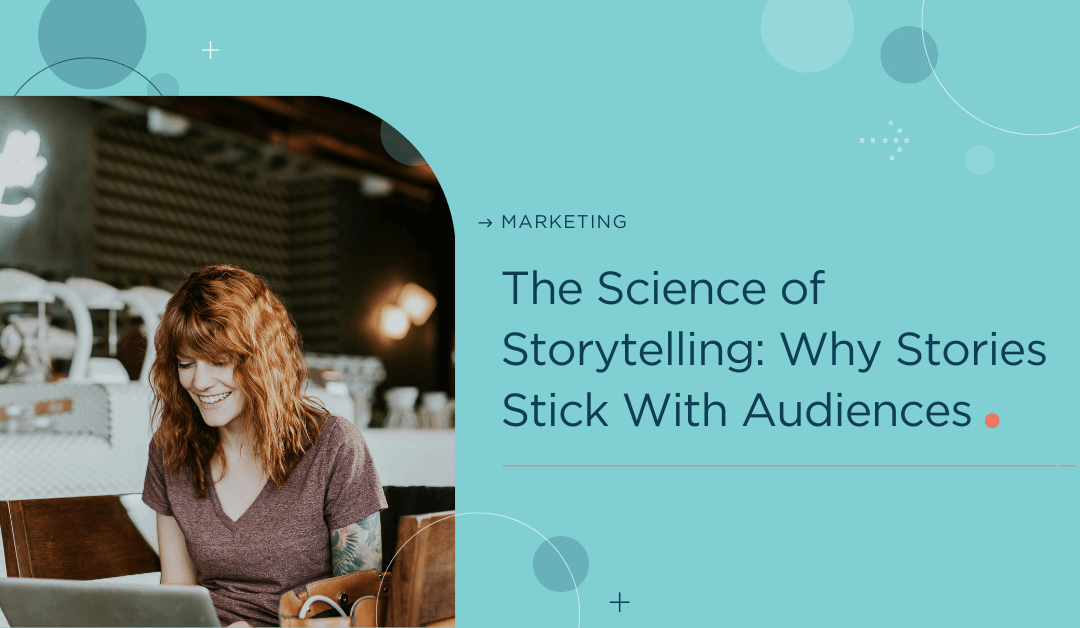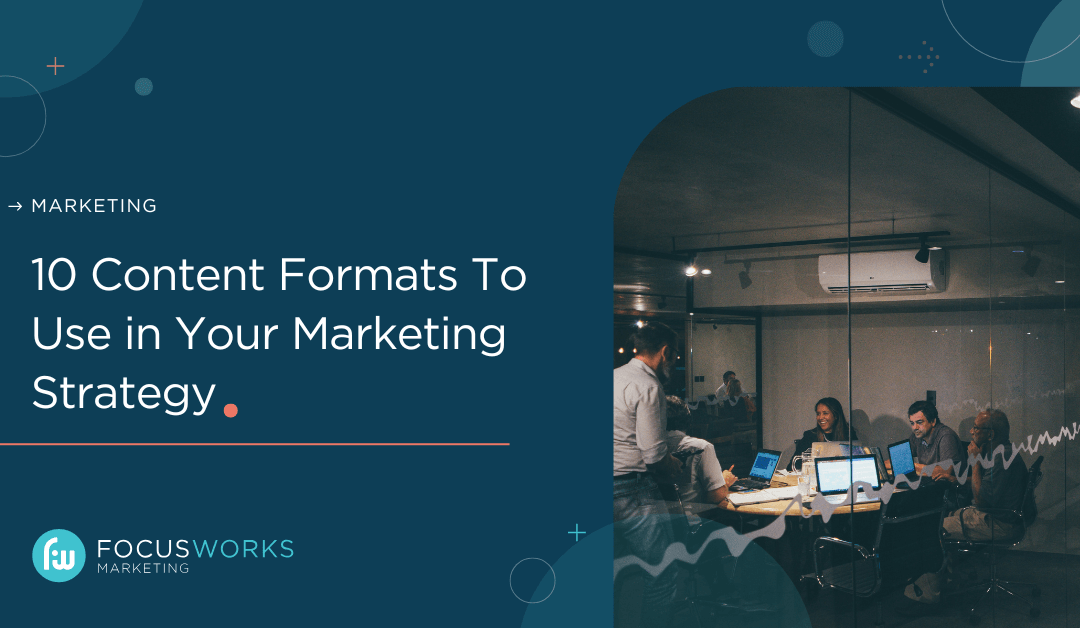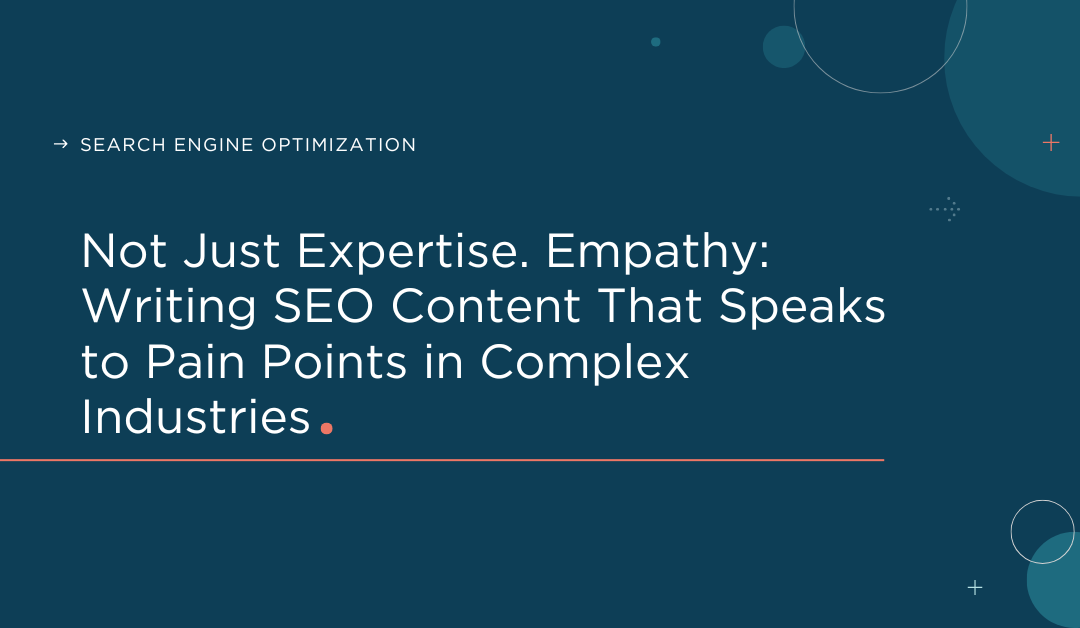Imagine this: You’re at a networking event, balancing a plate of appetizers, and someone launches into a monologue about recent changes in tort law.
Your brain starts planning an escape route.
Then, someone else jumps in: “I once had a client who was being sued because their Vrbo guest was experiencing severe psychological trauma from a ghostly encounter. The listing never disclosed paranormal activity.”
Now they have your attention.
It’s not that tort law doesn’t matter (it does, especially if you’re a lawyer). It’s that our brains don’t engage with abstract information the same way they do with stories. A good story helps us process complex ideas, remember key details, and—most importantly—care.
This is exactly why some law firms attract loyal, high-value clients while others struggle to stand out. Most legal marketing is packed with industry jargon, technical expertise, and a list of practice areas—but none of that matters if potential clients don’t feel a connection.
Why your brain loves a good story (and ignores everything else)
Ever found yourself ugly crying at a courtroom drama, even though you knew it was over-the-top Hollywood nonsense?
That’s story-induced brain chemistry at work.
Neuroscientists have found that compelling narratives trigger oxytocin, the chemical responsible for trust, empathy, and emotional bonding. The more oxytocin a story generates, the more likely someone is to engage, remember, and act.
Dr. Paul Zak, who studies storytelling’s effect on decision-making, found that stories with a clear arc—challenge, struggle, resolution—activate multiple parts of the brain. Your motor cortex simulates movement. Your sensory cortex processes sights and sounds. And your emotional center decides whether you actually care.
This is why people remember stories 22 times better than raw facts. It’s why the best litigators don’t recite case law—they paint a picture the jury can feel.
Your audience is drowning in legal jargon. Stories are a lifeboat.
When was the last time you read a law firm’s “About Us” page from start to finish?
If you’re like most people, never—unless it told a story that pulled you in.
For example, let’s say you’re a personal injury firm. Which of these intros makes you want to keep reading?
Approach #1:
“With over 30 years of combined experience, our firm provides aggressive representation for accident victims, ensuring maximum compensation.”
Approach #2:
“Sarah walked into our office still limping from the accident. The insurance company had already lowballed her with a settlement that wouldn’t even cover half her medical bills. She was scared, exhausted, and ready to give up. We took her case, fought for her in court, and secured the settlement she needed to rebuild her life.”
The first one talks about the firm.
The second one tells a story—and lets the reader feel what it’s like to be in Sarah’s shoes.
Here’s another.
A business litigation firm could say:
“We handle contract disputes for small businesses.”
Or they could say:
“A local café owner came to us after a vendor refused to honor a contract, putting his entire business at risk. One lawsuit later, the vendor paid up, the café stayed open, and the owner hasn’t had to lose sleep over a bad contract since.”
One is a statement of fact. The other creates a mini-drama with real stakes. That’s the difference.
AI can generate content. It can’t replace storytelling.
AI tools can draft contracts, summarize court rulings, and generate blog posts in seconds. What they can’t do is experience fear, relief, frustration, or triumph—which means they struggle with real storytelling.
A study in Nature found that while AI can follow logical story structures, it lacks emotional nuance. It can predict what a “good” story should look like, but it doesn’t understand why certain moments matter.
For law firms, this is a big deal.
Clients don’t hire you because of logic alone. They hire you because they trust you. If your marketing sounds robotic, they’ll go to the lawyer who sounds human.
Your brand story is your biggest asset.
Every law firm has a story, but most fail to tell it in a way that matters. It’s not about listing your practice areas or highlighting years of experience—it’s about why your firm exists, how you change lives, and what clients feel when they work with you.
Take two firms that both handle wrongful death cases.
One says:
“We represent families in wrongful death claims and fight for maximum compensation.”
The other tells a story:
“A grieving mother came to us after losing her son in a preventable workplace accident. The company denied liability, and she felt powerless. We took the case, uncovered hidden evidence, and secured a settlement that didn’t just compensate her family—it forced the company to change its safety policies so no other family would have to suffer the same loss.”
Both firms do the same work, but only one leaves a lasting impression. Clients don’t just want to know what you do—they want to see the impact of your work.
How to tell stories that stick
Not every legal story needs to be a dramatic courtroom showdown, but it does need to be clear, compelling, and human.
If you say, “We help businesses navigate complex litigation,” people will forget it five minutes later.
But if you tell the story of the small business owner you helped fight off a frivolous lawsuit that could have bankrupted her? That’s a story that stays with people.
Good storytelling follows a natural rhythm.
There’s a beginning—where a client faces a problem they don’t know how to solve.
There’s a middle—where your firm steps in, fights for them, and guides them through the chaos.
And there’s an end—where they win their case, protect their business, or get justice for a life-altering injury.
The best law firm stories aren’t about you. They’re about the client’s transformation—how they felt when they walked through your door and how their life changed after working with you.
The Future of Brand Storytelling in an AI-Driven World
AI is reshaping content creation, but storytelling remains a human skill.
Tools like ChatGPT and Jasper generate legal content at scale, but audiences recognize when writing feels generic. AI can structure information, but it lacks the intuition, emotional depth, and unpredictability that make stories compelling.
The future of legal marketing isn’t choosing between AI and human creativity—it’s using both effectively. AI can help firms analyze audience preferences, refine messaging, and personalize content. It can’t replace the insight that comes from real cases and real people.
As AI-generated content floods the internet, originality and authenticity will be even more important. The firms that weave storytelling into their brand identity—instead of treating it like a marketing gimmick—will be the ones that stand out.
Let’s tell your story.
At FocusWorks Marketing, we help law firms ditch the jargon and tell stories that actually connect. Whether you’re refining your website, developing thought leadership content, or shaping a brand story that builds trust, we make legal marketing human.
Let’s build a story worth telling. Contact us today.



